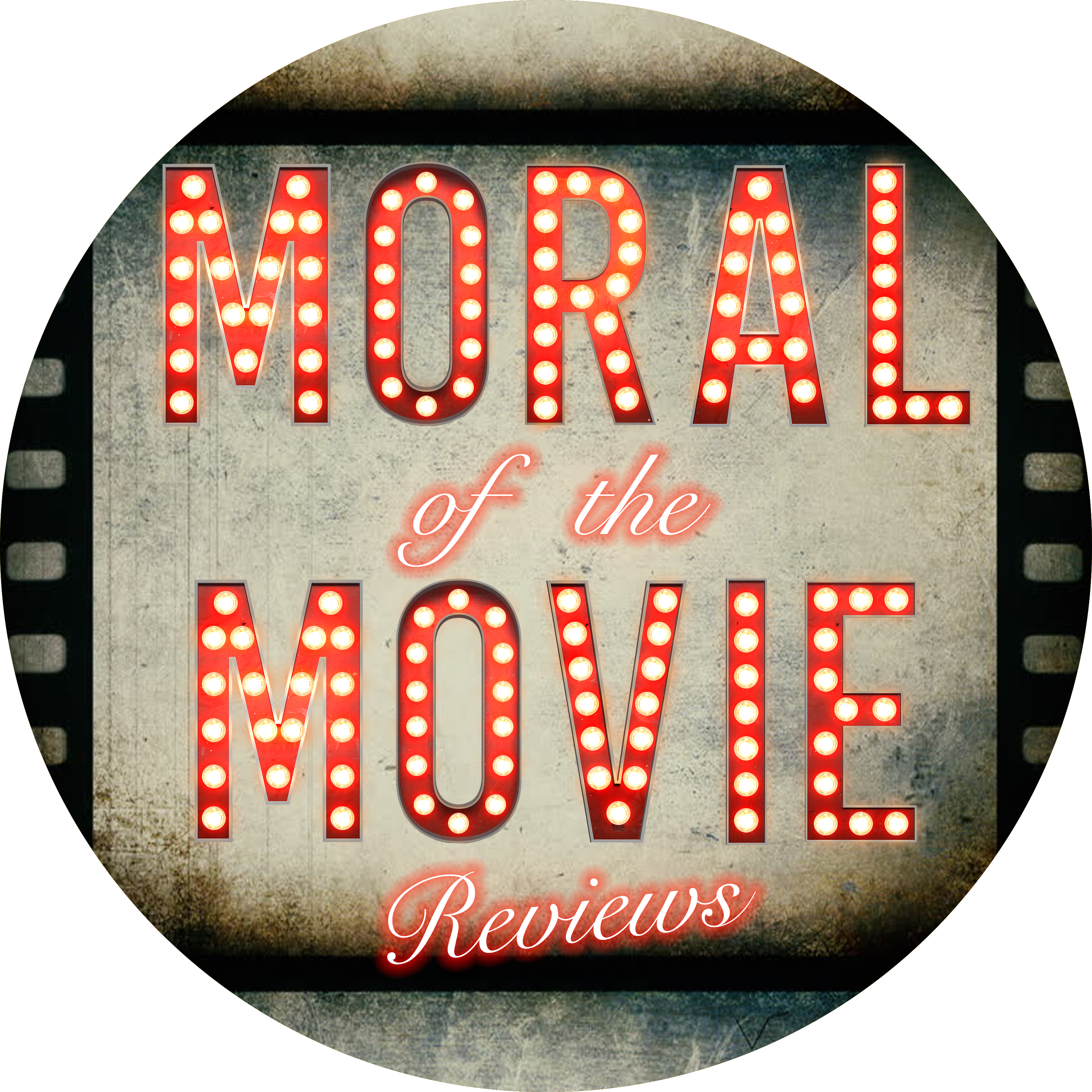
Moral of the Movie - Review
Dr. Strangelove or: How I Learned to Stop Worrying and Love the Bomb (1964)
Political Moral of the Movie Special Edition
Political Satire/Comedy, Directed by Stanley Kubrick | Rating: Marriage Material | Published: Sept. 2, 2022, 11:29 a.m.

|

|
MORAL OF THE MOVIE
People in positions of incredible power (like controlling the majority of the world’s nuclear warheads) can often be just as clueless as the rest of us. Even worse so, they are susceptible to the very same things that influence us such as sexual repression, mood swings, delusions, etc. The only difference is that, with so much power, one mood swing or delusion for them can cause war and global catastrophe. So, it is up to us to both hold them accountable and to wisely elect those who are least volatile and least inclined to such drastic measures.
WHO I THINK WOULD MOST ENJOY THIS MOVIE
This is the type of political satire that will make you laugh at the characters rather than laugh with them. If you like movies like Death of Stalin (2016) and any Stanley Kubrick film (The Shining, 2001: A Space Odyssey, A Clockwork Orange, etc.), then you will thoroughly enjoy this hilarious political satire.
ADDITIONAL NOTES/COMMENTARY
“Gentleman, you can’t fight in here! This is the war room!” That is one of the funniest lines in the movie as well as one of the most emblematic of the film’s political commentary. First, however, I’d like to mention that this film is widely regarded as one of the best comedies and political satires of all time, so don’t think that the film will be quite as serious as other political movies. Dr. Strangelove never fails to get genuine laughs out of me even if I’m watching it by myself. Incidentally, the movie is based on a book (Red Alert) with the same plot but none of the satirical undertones that make this movie so great. The movie has some pretty dark humor as it makes the audience laugh at not-so-funny issues like the global threat of a nuclear holocaust. Bringing it back to the political commentary, you can get a lot from he title alone, Dr: Strangelove or: How I Learned to Stop Worrying and Love the Bomb. The subtitle is itself a critique of the political tensions in the Cold War and the little control that civilians had over the situation. Not only that, but the prominence of the word ‘love’ is rather emblematic of how the characters (pay attention to their names for additional satire) are all involved with sexual tension in some way, shape, or form. One way or another, every action in the film is either motivated by or representative of some form of sexual relations whether its sexual drive or sexual repression. You might be thinking: How could a movie about war and nukes be entirely influenced by sex? To that, I have two things to say. First, watch it with that in mind and you’ll see. And second, the film’s director, Stanley Kubrick, was a big fan of Freudian psychological theory. If you know anything about Freudian theory, you know that freud liked to tie anything and everything to sexual motivations. So, Kubrick decided to do something similar in this movie by showing how similar the political tension of nuclear war during the Cold War is to any sexual tension between lovers. The film shows how the most aggressive and pro-war individuals tend to be sex-crazed or sexually repressed, which essentially equates male aggression to a need for sexual release. Isn’t that critique interesting? I find it rather funny since many believe that that’s the reason women shouldn’t be in politics, but I’d argue (like this movie) that men in positions of immense power are just as susceptible to drastically overreacting because of emotional/sexual reasons. That’s why it’s so important to elect politicians who are least susceptible to such volatile reactions. If a politician seems of unsound mind and prone to erratic emotional reactions, odds are you wouldn’t want to have that person in control of something as powerful as a nuclear warhead. Food for thought. Before I conclude though, I’d like to thank my high school math teacher, Cheo, for recommending this film to me and the rest of the class some 5 years ago and introducing me to one of my favorite political satires ever. In the end, Dr. Strangelove or: How I Learned to Stop Worrying and Love the Bomb will offer you a lot of laughs and powerfully critical insights of the types of politicians and military officials involved in positions of power that can often be so easily influenced by emotions and sexual matters. Ps. This wouldn’t be complete without mentioning how amazing Peter Sellers is in this movie! He played THREE different main characters (each with different accents) in the movie seamlessly. He was also going to play a fourth character (the cowboy), but couldn’t do it when he sprained his ankle while shooting. Did you know that while watching the movie? If not, did you notice any similarities between the characters? I knew about it because my math teacher had mentioned it when he recommended it, but it was still hard to tell because of how Sellers made each character (Captain Mandrake, the U.S. President, and Dr. Strangelove) his own. Eddie Murphy should’ve taken notes when he was prepping for Norbit...
Sign Up For Updates!
Never miss the opportunity to learn a moral from film, television, and video games again! Submit your name and e-mail to receive updates whenever a new post is published!
Subscribe to the newsletter!